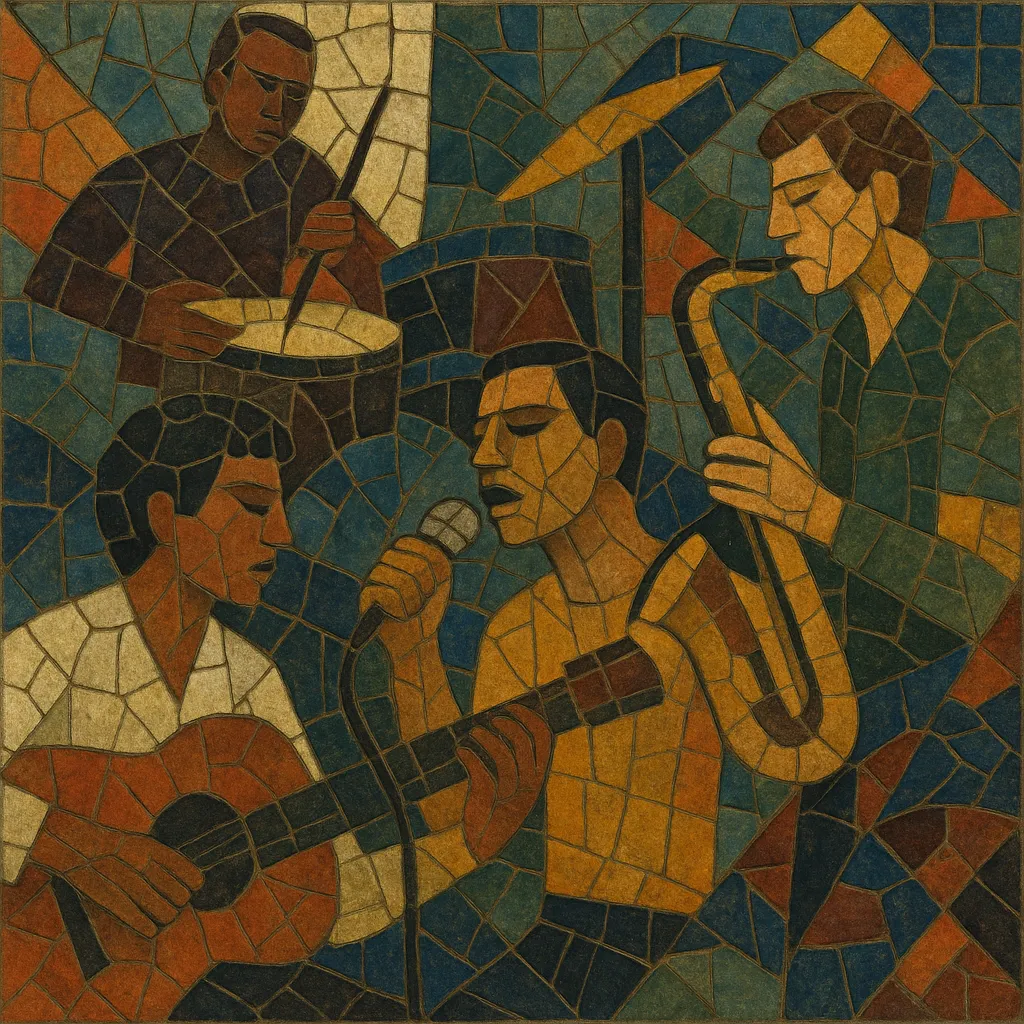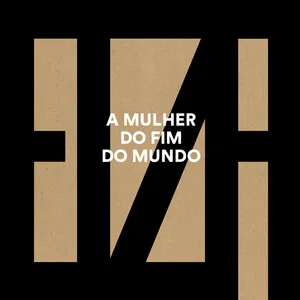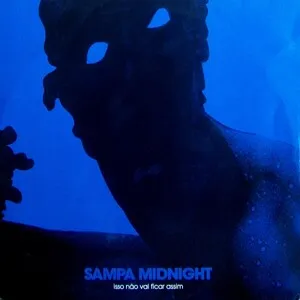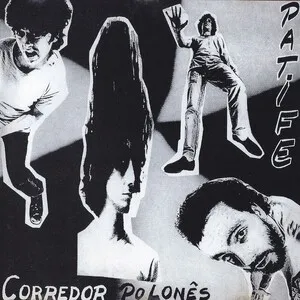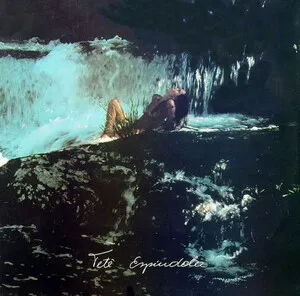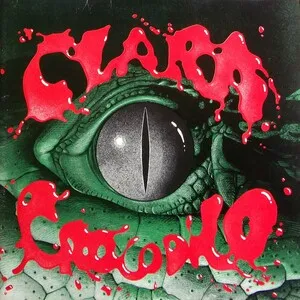Vanguarda Paulista is an avant-garde music movement that emerged in São Paulo at the turn of the late 1970s into the early 1980s. It brought together independent artists who blended MPB songwriting with experimental composition, urban poetry, jazz harmony, samba and choro rhythms, post-punk/new wave textures, and theater.
Centered around the Lira Paulistana theater/label and a fiercely DIY ethos, its records are marked by bold arrangements (including atonality and serial techniques), angular melodies, spoken-sung vocals, and witty, socially observant lyrics that reflect São Paulo’s metropolis. The result is music that is simultaneously Brazilian to its core and rigorously exploratory, bridging the gap between popular song and the avant-garde.
Vanguarda Paulista was born from an intersection of MPB’s sophisticated songwriting and the experimental impulses circulating in São Paulo’s theater, university, and jazz scenes. Artists began to stage shows in alternative venues and, crucially, around the Lira Paulistana theater, which became a hub for independent production and a symbol of a new, self-sustaining musical network outside major labels.
By the early 1980s the movement solidified through seminal albums and performances by Arrigo Barnabé, Itamar Assumpção, Grupo Rumo, and peers. The sound fused samba and choro grooves with jazz harmony, post-punk angularity, and avant-garde methods such as atonality and serialism. Lyrics commonly juxtaposed humor and irony with sharp depictions of urban life, gender politics, and social tensions in São Paulo.
A defining feature was a DIY infrastructure: artists wrote, arranged, produced, and often released their own records, collaborating with small labels and collectives. This autonomy encouraged risk-taking—unusual instrumentations, theatrical staging, and cross-disciplinary collaborations with poets, actors, and visual artists.
Although never a mass-market phenomenon, Vanguarda Paulista profoundly influenced Brazilian alternative music. Its independent ethos and hybrid vocabulary informed later waves of Brazilian rock, indie, and experimental scenes across the country, providing a template for inventive arrangement, literate lyrics, and genre-fluid production that continues to resonate.

